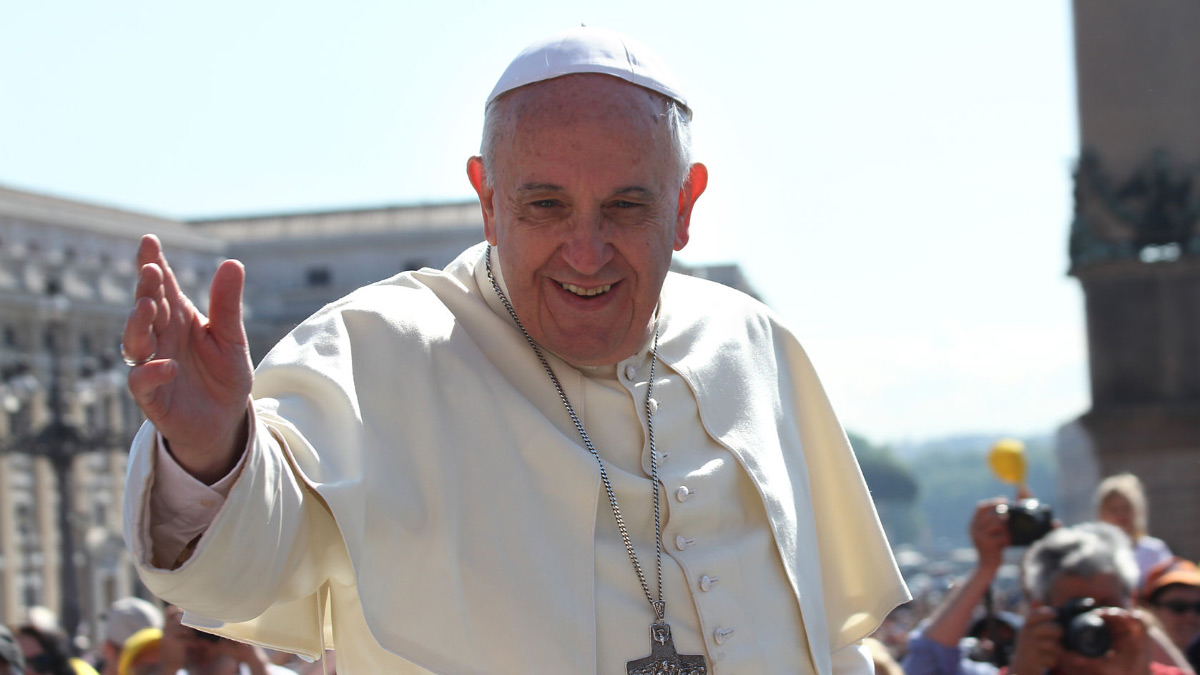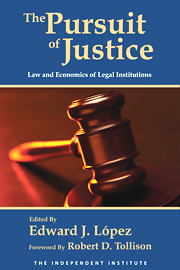Pope Francis has earned a reputation as a man of the people, making his mission to advocate for the poor, the downtrodden and the persecuted, particularly those of Christian faith. The Vatican’s reported deal with China, to effectively abdicate the power of the pope to select bishops to the communist state, has therefore been met with feelings of shock and even betrayal among the faithful, especially those in China itself.
The new deal, which has been in the works for more than a year, isn’t merely one of symbolic importance. Despite stringent restrictions on religious expression—and frequent crackdowns on those deemed to have stepped outside the lines drawn by the government—China is home to an estimated 70 million or so Christians, including about 12 million Catholics.
The agreement follows almost seven decades of estranged relations between the Vatican and Beijing, which severed diplomatic ties shortly after the Communists took over in 1949. China established the Chinese Patriotic Catholic Association in 1957 to permit some religious activity, albeit strictly controlled by the government, including the appointment of state-approved bishops.
Most of these bishops were excommunicated by the Catholic Church for collaborating with the regime. However, a sizeable “underground” church loyal to the pope has flourished despite constant threats of imprisonment or other punishments by the Communist government.
It is against this backdrop that the new agreement has emerged. Though some details have yet to be disclosed, it would call for two of the Church’s legitimately recognized bishops (and members of the underground church) to step aside, and for the pope to sanction seven currently excommunicated bishops appointed by the Chinese government. Going forward, the state would be authorized to nominate bishops, though the pope would reportedly have veto power over their ordination.
It is easy to see, then, why so many of the faithful in China who have risked so much to remain loyal to the Church now feel betrayed. Hong Kong’s outspoken Cardinal Joseph Zen claimed that the Vatican is “selling out” Catholics in China. “A church enslaved by the government is no real Catholic Church,” Zen asserted at a news conference.
A group of leading Catholic university professors, researchers, human rights activists and lawyers, mostly from Hong Kong, has published an open letter to Catholic bishops around the world imploring them to pressure the Holy See to reconsider the proposal.
“The Communist Party in China, under the leadership of Xi Jinping, has repeatedly destroyed crosses and churches, and the Patriotic Association maintains its heavy-handed control over the Church,” the letter states. “Xi has also made it clear that the Party will strengthen its control over religions. So, there is no possibility that the Church can enjoy more freedom.”
Indeed, the Chinese government in recent years has stepped up its persecution of religious expression, embarking on a campaign to remove crosses from church buildings and demolishing thousands of churches. Last month it destroyed the Golden Lampstand Church, a megachurch home to 50,000 worshippers in Shanxi Province.
On Feb. 1, still more restrictions on religious freedom went into effect, including mandatory registration and local government approval of houses of worship and religious schools, and required reporting of religious teachers, staff and online religious activity to local authorities.
Summarizing comments Xi made to a conference on religion in April 2016, the Xinhua News Agency, the state’s official press agency, reported that religious groups “must adhere to the leadership of the [Communist Party of China], and support the socialist system and socialism with Chinese characteristics.”
“In other words,” Chinese immigrant Helen Raleigh writes in The Federalist, “the Chinese government would tolerate any religion only if it puts the Chinese government before God.”
This is why the Communist government sees the growth of Christianity as a threat. To maintain its control, the state must demand devotion to the government above all else, particularly above the defiant and subversive ideas of devotion to faith, family or individual liberties.
The Vatican’s eagerness to engage the Chinese state, and thereby to better reach the many Catholics who live under Beijing’s rule, is understandable. Unfortunately, the new agreement would betray Chinese Catholics who continually risk their lives to remain true to the Church through their underground worship, while also enabling an oppressive Chinese government to expand its religious crackdowns—all with the appearance of official approval by Pope Francis.
Whatever its objective, this would hardly be the prudent deed of a leader intent on defending the persecuted.










